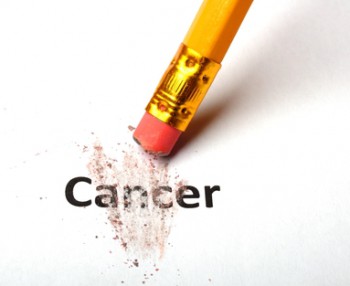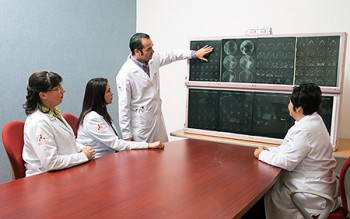
Patients undergoing cancer treatment come to understand the close connection between their mental and physical well-being. Some people are turning to a 95-year-old Japanese stress-reduction technique to relieve the side effects of chemotherapy and radiation.
An Old Answer to a Current Problem
Reiki is a relaxation method that has been compared to “acupuncture without the needles.” While the patient lies flat, a Reiki practitioner places her hands on crucial areas of the body to improve the flow of energy and promote healing.
Many cancer patients who have undergone Reiki find that it helps them cope with anxiety, nausea and other common side effects of treatment. Some have talked about experiencing an overall feeling of calmness.
A Cancer Patient Speaks About Her Experience with Reiki
When Lewisburg, PA resident Erin Yust Brown was diagnosed with breast cancer, she recalled the comments of fellow yoga students regarding the benefits of Reiki. As Brown explains, the process treats the whole body as one, as opposed to the more limited approach of cancer treatment.
Brown’s practitioner, Nancy Giutini, refers to Reiki as “energy medicine” and uses the same methods that date back to its origin. Giutini emphasizes that Reiki is not a cure, but it’s been found to help patients by providing pain management and stress relief.
Personalized and Integrative Cancer Treatment at Issels®
Just as Reiki addresses the needs of the body as a whole, our immunotherapy cancer treatments focus on enhancing the body’s natural defenses. Contact us today to learn more about how we have helped a remarkable number of cancer patients achieve long-term remission.





